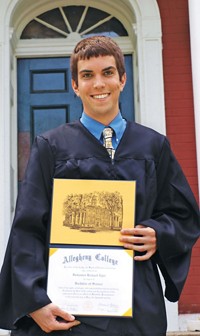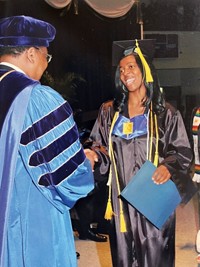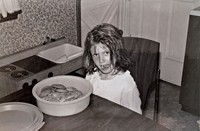Advertisement
Grab your lab coat. Let's get started
Welcome!
Welcome!
Create an account below to get 6 C&EN articles per month, receive newsletters and more - all free.
It seems this is your first time logging in online. Please enter the following information to continue.
As an ACS member you automatically get access to this site. All we need is few more details to create your reading experience.
Not you? Sign in with a different account.
Not you? Sign in with a different account.
ERROR 1
ERROR 1
ERROR 2
ERROR 2
ERROR 2
ERROR 2
ERROR 2
Password and Confirm password must match.
If you have an ACS member number, please enter it here so we can link this account to your membership. (optional)
ERROR 2
ACS values your privacy. By submitting your information, you are gaining access to C&EN and subscribing to our weekly newsletter. We use the information you provide to make your reading experience better, and we will never sell your data to third party members.
Careers
Career Ladder
Career Ladder: Joyce Nethery
This chemical engineer’s winding career path has been the best route for her work running a distillery
by Bethany Halford
August 2, 2020
| A version of this story appeared in
Volume 98, Issue 30

1980s
A calling in chemical engineering
Joyce Nethery always had a natural aptitude for math and science, but she didn’t know she wanted to study chemical engineering until she visited a factory that made the polymer film Mylar. Nethery’s aunt was a chemical engineer at the factory, which made Mylar packaging for hot dogs. “I thought, ‘This is cool. I could make something that people use and touch in their everyday lives,’ ” she remembers. Nethery decided to transfer from Western Kentucky University to the University of Louisville, where, after 5 years, she graduated with a master’s degree in chemical engineering.
1990s
From computer chips to coal plants
After graduation, Nethery spent a year working on chemical etching processes to make computer chips at Monsanto Electronic Materials in Spartanburg, South Carolina. Then she returned to her native Kentucky to work for the specialty chemicals company Rohm and Haas. “I learned a whole lot there,” Nethery says. She spent 13 years working in several different areas, including water treatment, a coal-powered steam plant, and a methyl methacrylate distillation facility that used a distillation tower that was 2 m across and as tall as a 6-story building.
2000s
Back in the classroom
By this time, Nethery had small children and wanted to spend more time with them. So she left chemical engineering to teach chemistry and physics at her local high school. Teaching a classroom full of 30 teenagers was more intimidating than Rohm and Haas’s massive distillation tower, she says. “I gained huge respect for teachers and found out how important classroom management skills are.” After 6 years as a teacher, Nethery and her husband started a company, RCS Transportation, that loads and unloads automobiles for car manufacturers. She says her scientific training helped her manage all different kinds of processes, whether it’s making polymers or payroll. “That process thinking really applies to a lot of different business applications,” she says.
Present

Experience distilled
In 2014, Nethery and her husband decided to convert their family farm into a distillery. “We wanted to combine both sets of skills—farming and engineering,” she says. Their “ground to glass” craft distillery, Jeptha Creed, makes bourbon, vodka, and moonshine from corn grown on the land that surrounds the distillery. Nethery says her engineering training allowed her to design and lay out all the distillery’s processing equipment. Her work handling finances gave her skills for running Jeptha Creed’s business. And her time as a high school science teacher helps her manage the distillery’s visitor center and event space. “I think the crazy career moves I made, they were the perfect set of experiences and skills to run the distillery,” she says.





Join the conversation
Contact the reporter
Submit a Letter to the Editor for publication
Engage with us on Twitter